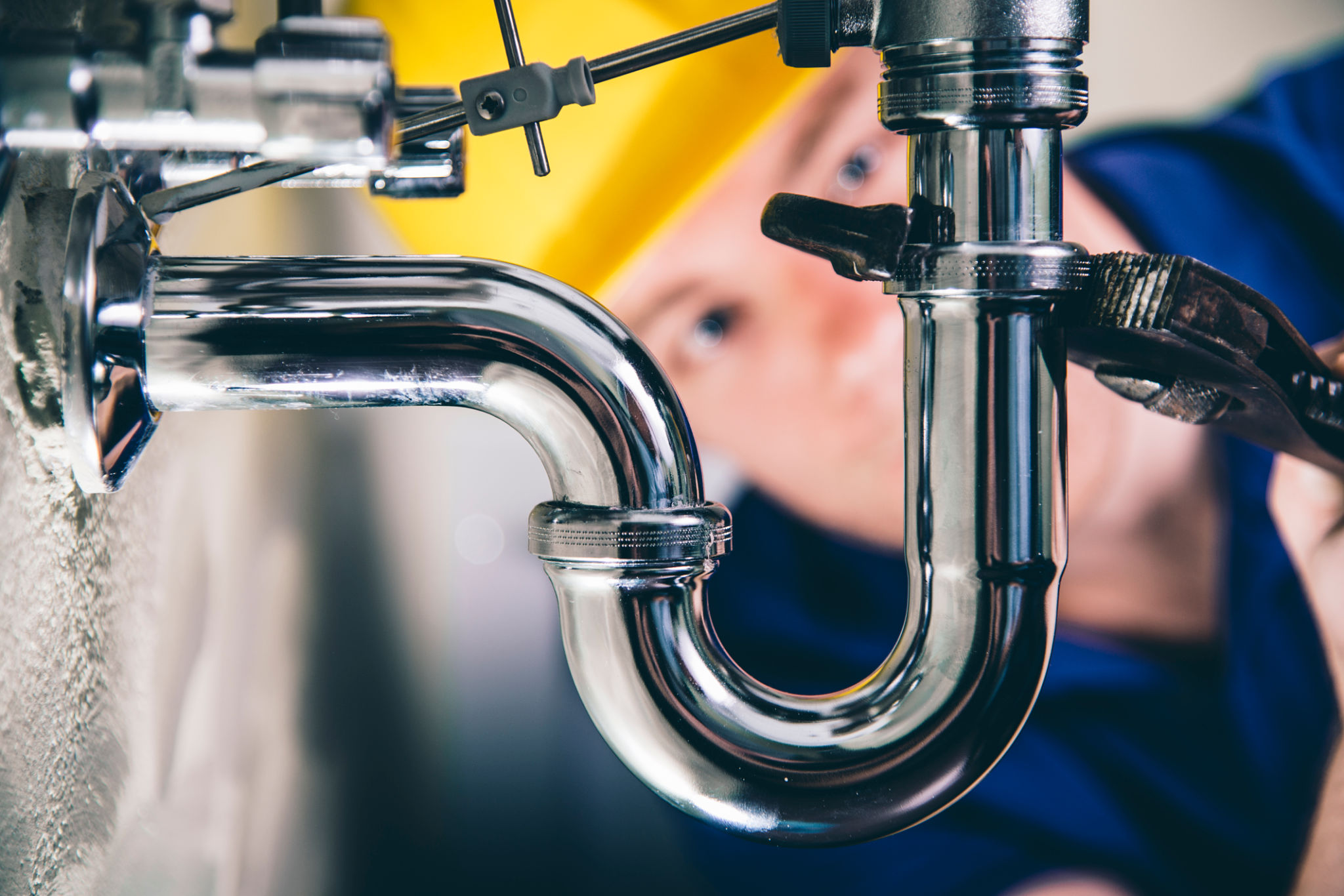How to Detect and Fix Plumbing Leaks: A Comprehensive Guide
Understanding the Signs of Plumbing Leaks
Plumbing leaks can be tricky to detect, but identifying them early can save you from costly repairs. Common signs of leaks include water stains on ceilings or walls, a sudden increase in your water bill, or the sound of running water when no faucets are on. Noticing these signs early can prevent further damage and help maintain the integrity of your home.

Another important indicator of a plumbing leak is the presence of mold or mildew. Even a small leak can create an environment conducive to mold growth, which can pose health risks. If you detect a musty smell or see black spots on walls, it's time to investigate further.
Locating the Source of the Leak
Once you've identified signs of a leak, the next step is locating its source. Start by inspecting visible plumbing fixtures such as sinks, toilets, and showers. Check under sinks for dampness or puddles and examine the base of toilets for water accumulation.
If you suspect a hidden leak, consider checking less obvious areas like basements, crawl spaces, and attics. Use a flashlight to inspect these areas for water stains or drips. Additionally, your water meter can be a valuable tool in detecting leaks. Turn off all water appliances and check the meter; if it continues to move, you likely have a leak.

Fixing Common Plumbing Leaks
Once you've located the leak, it's time to fix it. Some common leaks can be resolved with simple DIY solutions. For instance, if you have a leaky faucet, replacing the washer or cartridge might suffice. Similarly, tightening a loose connection or applying plumber's tape can often fix minor leaks around pipe joints.
For more complex issues like a leaky toilet or a burst pipe, you might need to replace parts or seek professional help. Always remember to turn off your water supply before attempting any repairs to prevent further water damage.

When to Call a Professional
While some plumbing leaks can be fixed with basic tools and a little know-how, there are instances where professional assistance is necessary. If you're dealing with persistent leaks, extensive water damage, or if you've tried DIY fixes without success, it's time to call in an expert.
A licensed plumber can provide a thorough inspection and repair service, ensuring that the issue is resolved efficiently and effectively. They can also identify potential future problems and offer advice on maintaining your plumbing system.
Preventing Future Leaks
Prevention is key to avoiding plumbing leaks. Regular maintenance can help keep your plumbing system in good shape. Consider scheduling annual inspections with a professional plumber to catch potential issues early.
- Insulate exposed pipes to prevent freezing during colder months.
- Avoid using chemical drain cleaners which can corrode pipes over time.
- Check your home's water pressure regularly to ensure it’s within safe limits.

By staying vigilant and proactive, you can minimize the risk of plumbing leaks and maintain a safe and dry home environment. Remember that while some leaks are inevitable, most can be managed effectively with prompt attention and care.